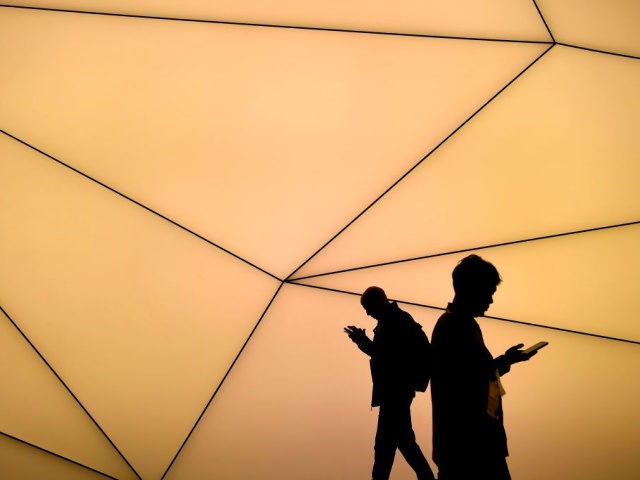Sir Iain Duncan Smith said that the government must strip Huawei from its plans to develop the country’s 5G network as soon as possible over security concerns.
The former leader of the Conservative Party is one of several Tories to have raised concern over the government’s approval of the Chinese company’s so-called limited involvement in developing 5G and after the U.S. Vice President Mike Pence said he was “profoundly disappointed” in Boris Johnson’s decision.
Mr Duncan Smith, David Davis, Owen Paterson, and others have written to fellow MPs saying that they were exploring alternatives to Chinese involvement and that they would seek to formally “rule out hi-tech from untrusted, high-risk vendors”, according to the letter seen by the BBC.
Duncan Smith warned, in an opinion piece for The Telegraph, that the risk of involving Huawei is that “all Chinese firms are required to help with all intelligence gathering requests made by the Chinese authorities, and the Chinese state enjoys access to all data held by Chinese companies”.
The former party leader and Brexiteer highlighted Huawei’s “intimate history of involvement with the Chinese military and security services” and said that partners in the Five Eyes intelligence cooperation community (comprising of the UK, U.S., Canada, Australia, and New Zealand), as well as Japan and other allies around the world, have warned against involvement of Huawei.
Pinkerton: Did the British Reclaim Their Sovereignty – Only to Surrender It to China? https://t.co/Noeq4Oxpcc
— Breitbart London (@BreitbartLondon) February 9, 2020
Sir Iain also debunked the notion that there are no viable alternatives, pointing out that France has announced it will be building its 5G network using Swedish company Ericsson.
“I believe that the best course for the Government, given that it has inherited the existing involvement of Huawei, is to plan to clear the firm out of our systems as quickly as possible. Defence of the realm is the Government’s number one priority, and this includes cyberspace. There can be no room in our systems for companies such as Huawei,” Mr Duncan Smith concluded.
The United States and Australia have been the most vocal of the Five Eyes to warn the UK against Chinese involvement. On a recent visit to Australia, foreign secretary Dominic Raab sought to reassure Australia that Huawei involvement will not put the intelligence-sharing cooperative at risk. Boris Johnson’s government has said that it would put in place restrictions on Huawei, banning the company from supplying components for “sensitive parts” of the network, for example, and the company’s input will only make up 35 per cent of the “periphery”.
However, the U.S. remains wary of Johnson’s decision, with American lawmakers reportedly having “growing” concerns over how it will affect their intelligence partnership.
Brexit Party leader Nigel Farage said on Saturday that during his trip to Washington, D.C.: “I have picked up from speaking to some senators and congressmen this week a level of concern that does not appear to be going away. It is a genuine security concern.”
The announcement of Boris Johnson’s decision prompted U.S. Secretary of State Mike Pompeo to fly to the UK to discuss the decision at the end of last month. While Mr Pompeo said that Johnson’s decision will not affect U.S.-UK relations, he had told Mr Raab that the prime minister should “relook” at his decision.
Prime Minister Johnson’s decision on Huawei is still dependent on support in the House of Commons.
Exclusive Video: Boris 5G Deal with Huawei Is ‘Madness’ – Hong Kong Watch Founder #StandwithHK #DemocracyforHK #HongKong @hk_watch @Stand_with_HK #Huawei https://t.co/fy8oWi7STR via @BreitbartNews
— Benedict Rogers (@benedictrogers) February 2, 2020

COMMENTS
Please let us know if you're having issues with commenting.